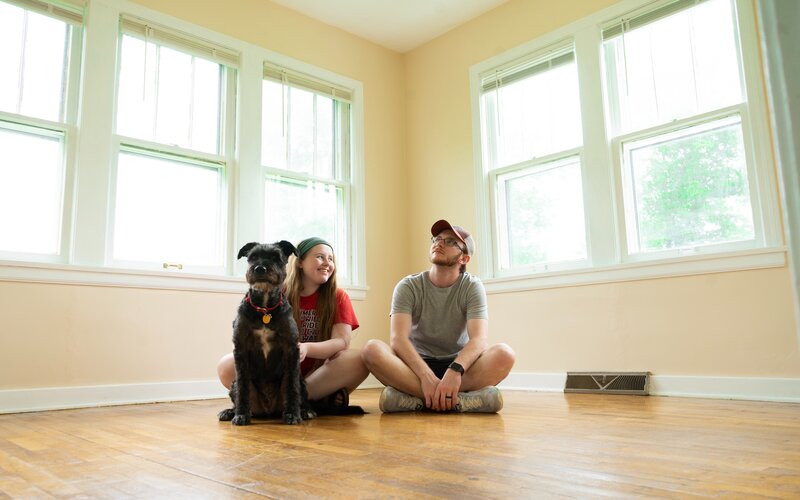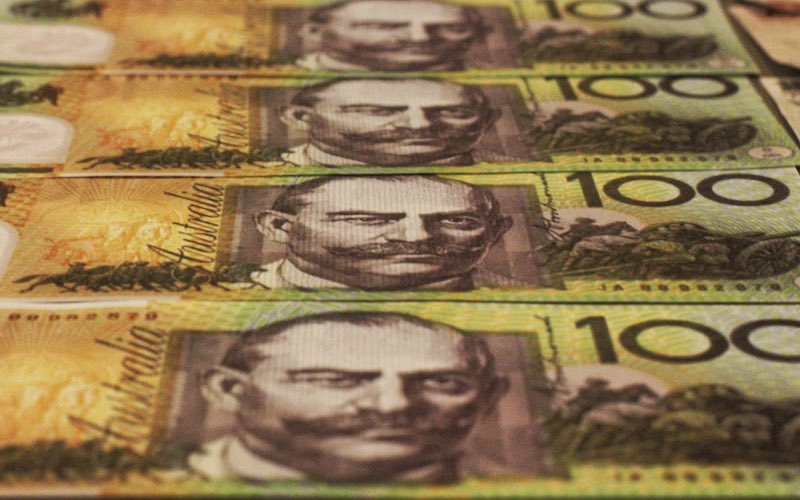According to recent Reserve Bank data, credit card spending dropped from $22 billion in June, to $19.5 billion in July of this year.
This was strongly influenced by lockdowns in Sydney and Melbourne, which saw Aussies cut their spending significantly, and put a dent in their debt.
This cut in spending was obvious as the value of personal credit and charge card balances accruing interest dropped significantly, from $20 billion, down to $18.9 billion in just one month.
Since the start of the pandemic, credit card debt has been in strong decline, while debit cards have gained momentum, as Aussies switch to upfront spending.
This has also come with the rise of BNPL which is estimated to double its 2020 market share by 2023.
ATM cash withdrawals are now at their lowest since May 2020.
Further data from the RBA shows that new payments platform (NPP) payments once again rose in July, now doubling since March 2020 as more institutions get with the program.
Lockdown states cut spending
Citi's latest credit card spending insights highlighted the sharpest drop in spending came from NSW, Victoria and the ACT.
Choong Yu Lum, Head of Cards and Loans at Citi Australia, said the lockdowns was history repeating itself.
"We watched spend volumes dropping across the country as citizens tightened their belts amidst the latest outbreak. New South Wales saw the sharpest drop in spend in July, with figures reducing 23%. Spend in Victoria dropped 7% comparing July to June," Mr Lum said.
Spending on credit cards dropped 14% from June to July, recovering 4% in August on the previous month, as COVID lockdowns hampered consumer spending.
The drop has been more short-lived than the 2020 impact on spending, however.
While July 2021 volumes are 5% lower than July 2020, spend volumes in August 2021 are 2% higher than the previous year.
NSW saw the sharpest decrease in spend volumes comparing June to July, as the state grappled with the longest period of lockdown.
What's the relationship between spending and the economy?
Australians generally tighten their purse strings in times of economic uncertainty, which includes cutting the credit card.
As part of Tuesday's monetary policy decision, RBA Governor Dr Philip Lowe said Australia's economic recovery had been strongly interrupted by the 'Delta' outbreak.
"GDP is expected to decline in the September quarter and the unemployment rate will move higher over the coming months," Dr Lowe said.
"Much will depend on the health situation and the easing of restrictions on activity.
"In our central scenario, the economy will be growing again in the December quarter and is expected to be back around its pre-Delta path in the second half of next year."
Image by Tumisu via Pixabay


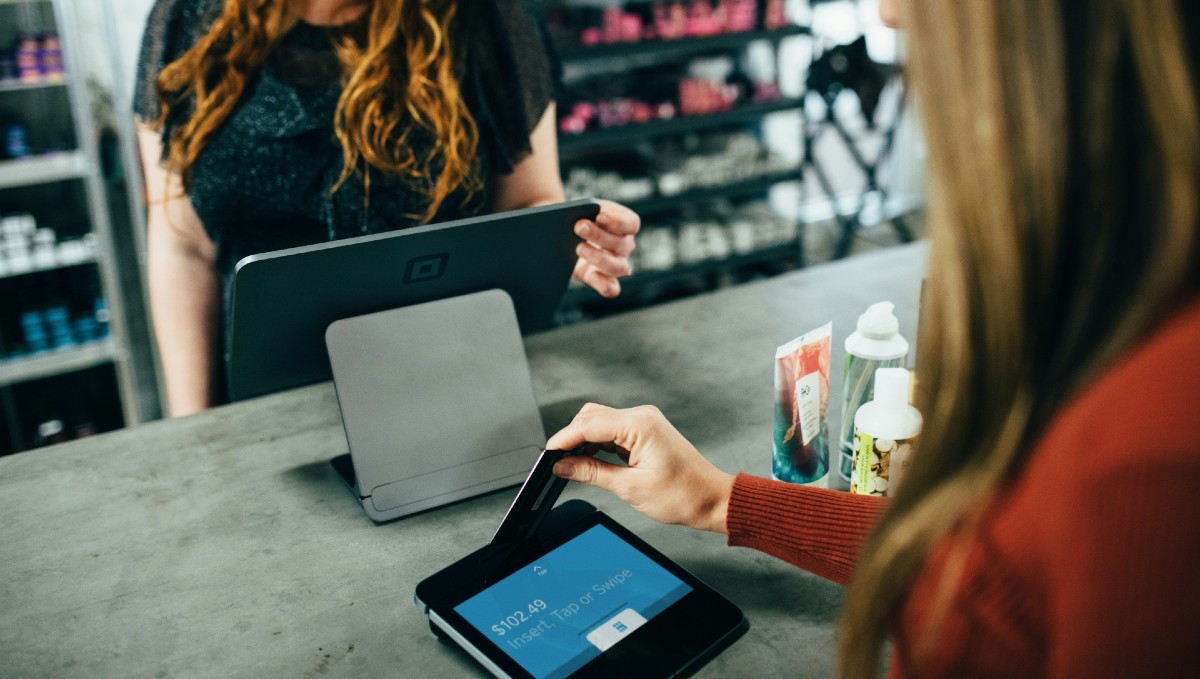
 Denise Raward
Denise Raward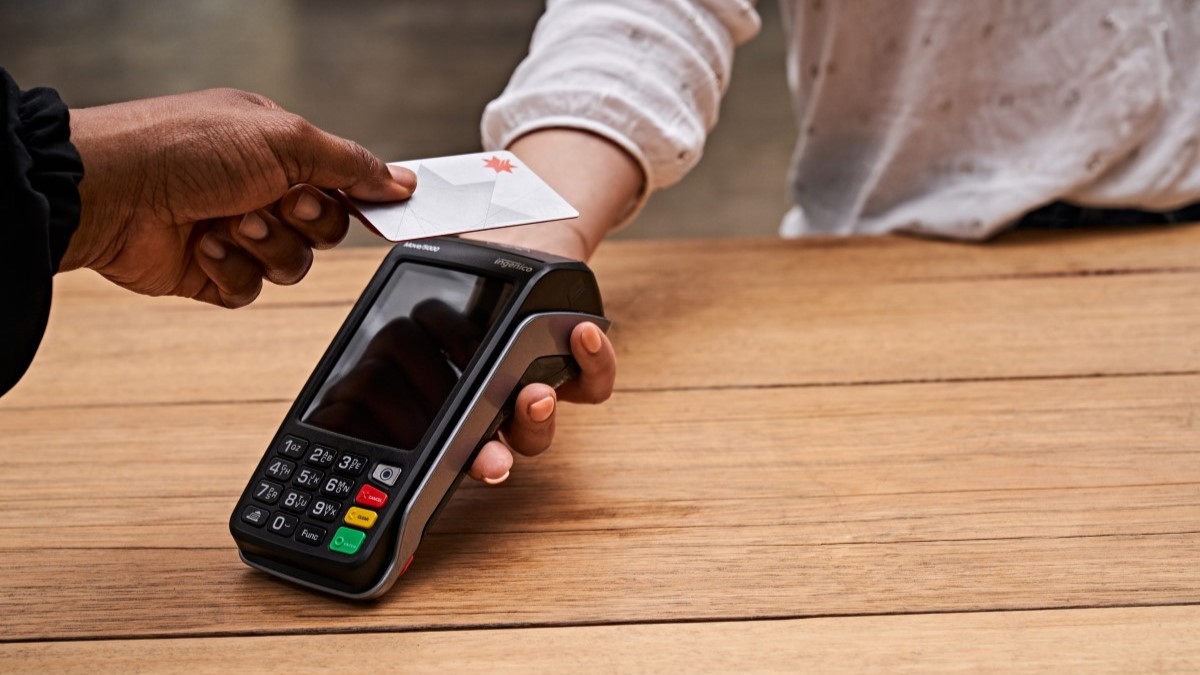
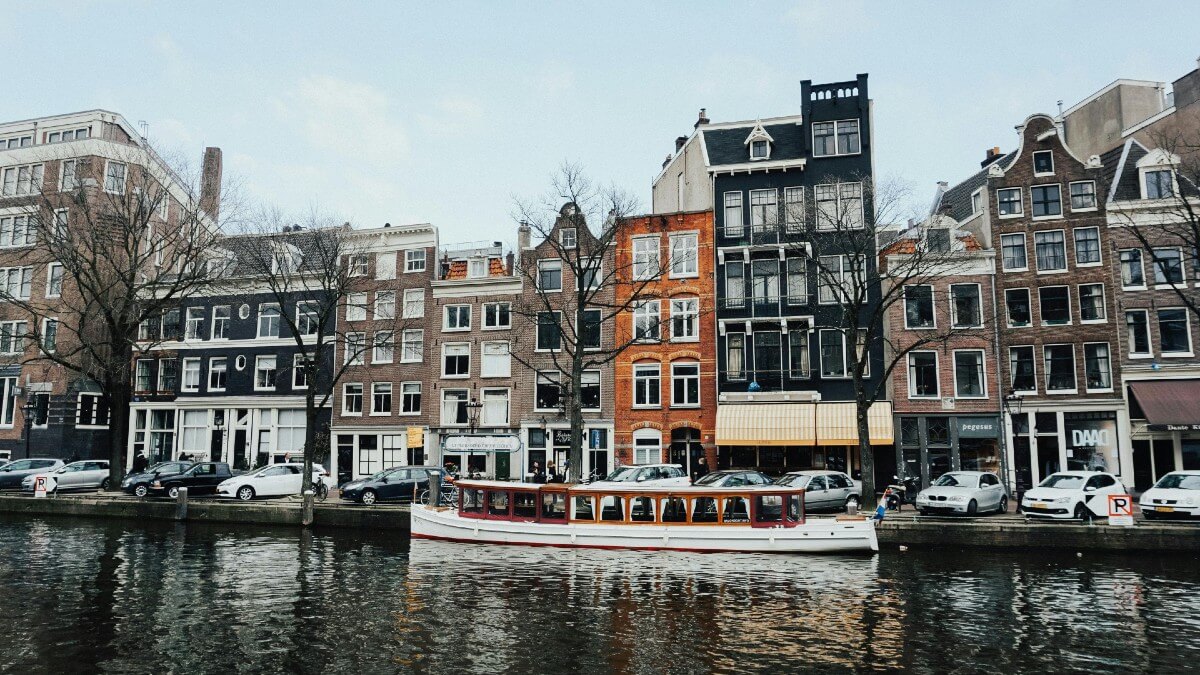
 Emma Duffy
Emma Duffy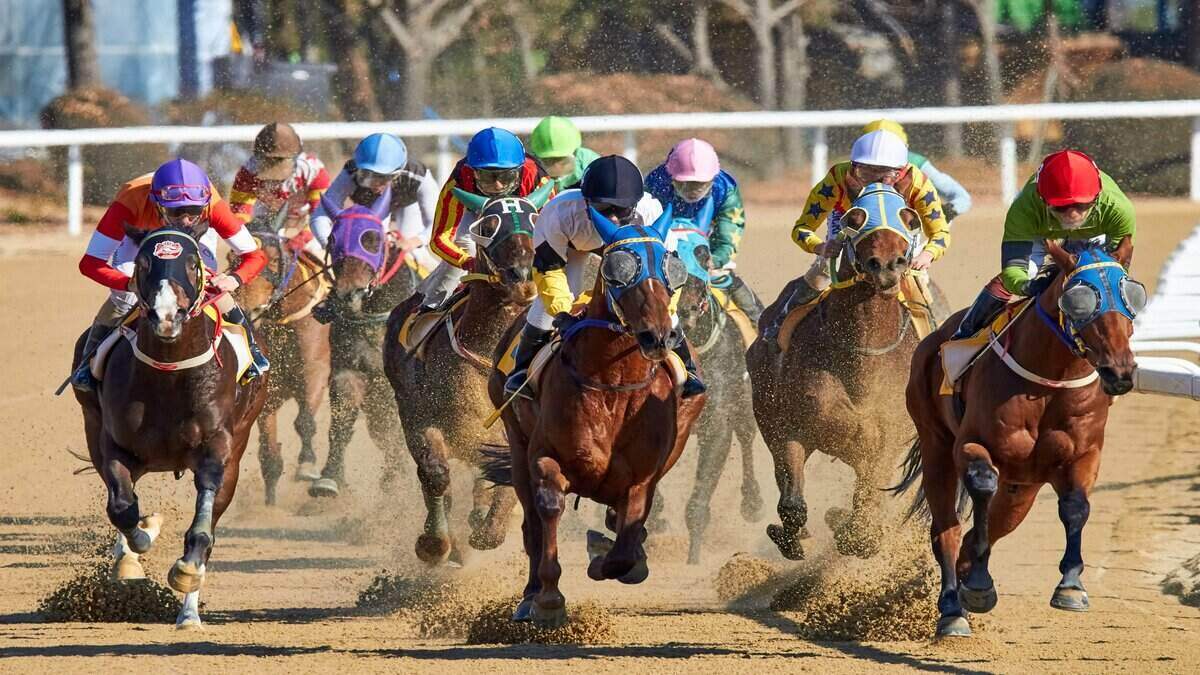
 Harry O'Sullivan
Harry O'Sullivan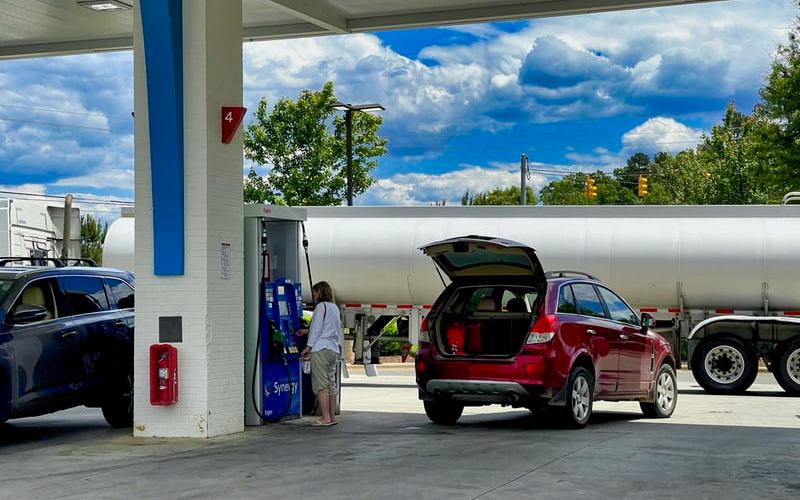
 Harrison Astbury
Harrison Astbury